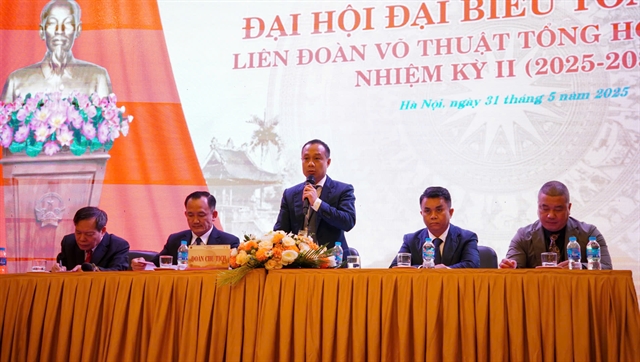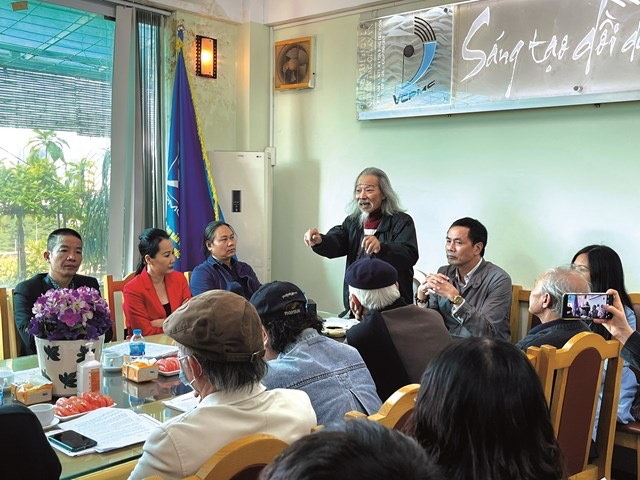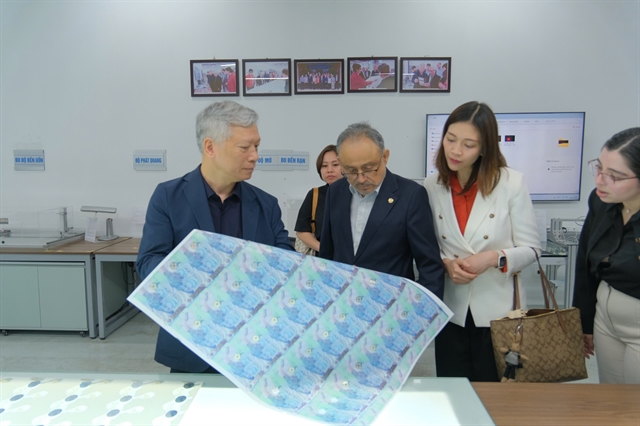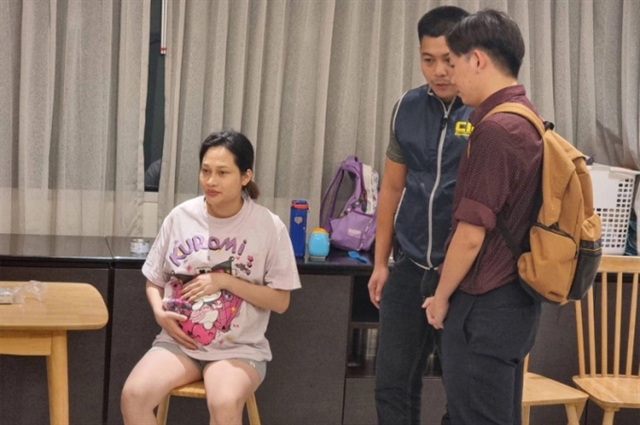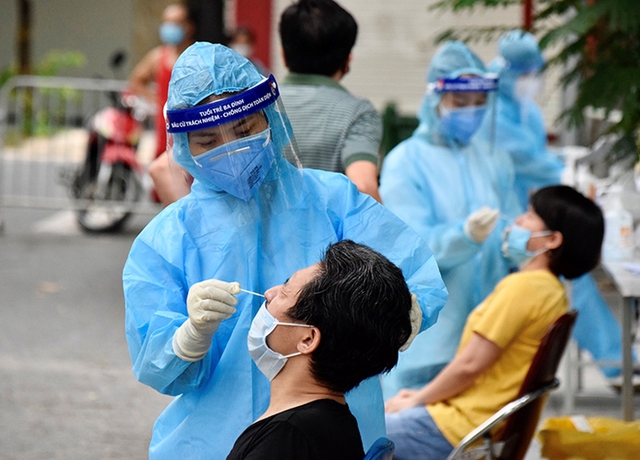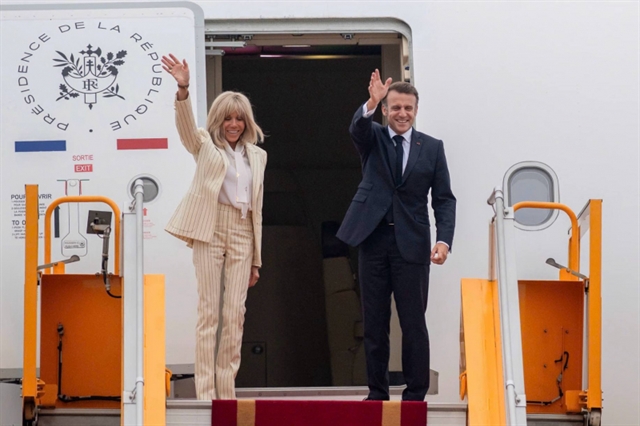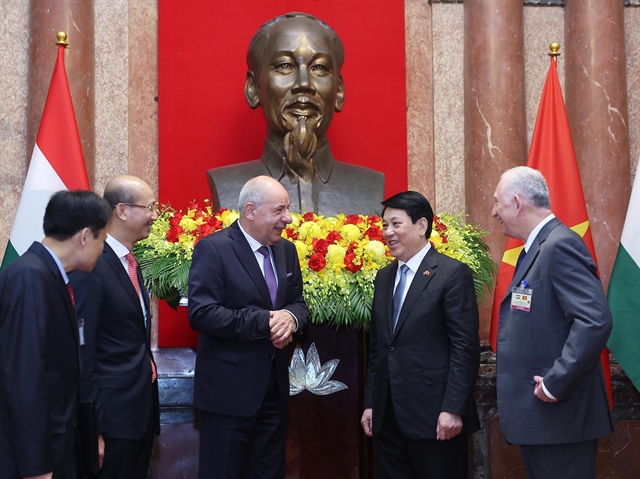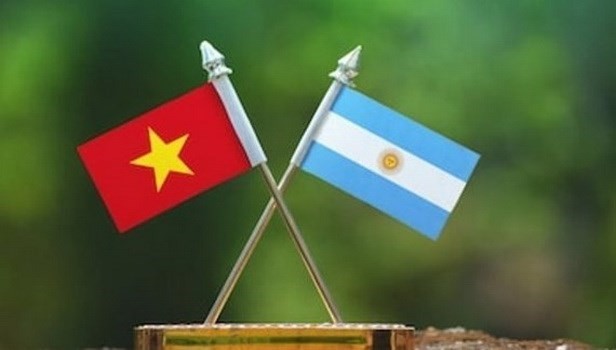 Economy
Economy
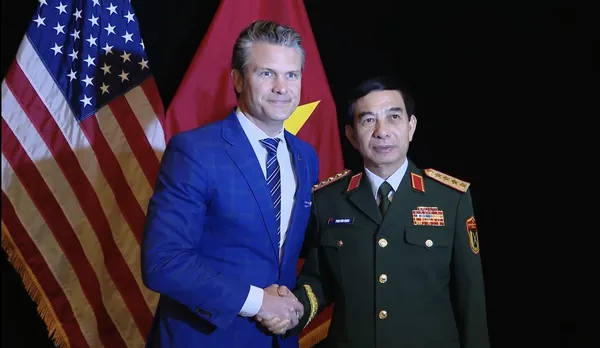
HCM City is set to create a more friendly and competitive business environment following a recent National Assembly resolution on piloting special policies for the city.
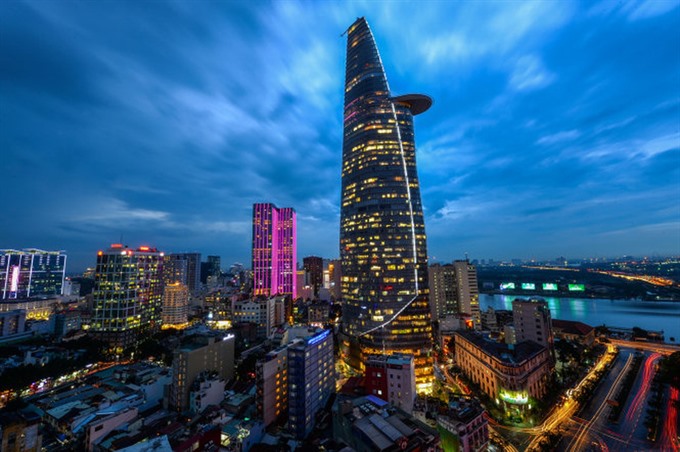 |
| HCM City by night. The city is set to create a more friendly and competitive business environment following a recent National Assembly resolution on piloting special policies for the city. — Photo tuoitrenews.vn |
HCM CITY — HCM City is set to create a more friendly and competitive business environment following a recent National Assembly resolution on piloting special policies for the city.
Speaking at a meeting held in the city on Monday, Nguyễn Thành Phong, chairman of the city People’s Committee, said the city was committed to carrying out the resolution to enhance socio-economic development.
Võ Văn Hoan, chief of the HCM City People’s Committee Office, said that a number of plans should be implemented immediately.
Hoan asked agencies to conduct studies on decentralisation; revenue use from equitisation of state companies; payroll reform; and capital mobilisation, especially tax and fee increases or supplementation.
Some types of taxes and fees will be applicable within five or 10 years, even though they are not feasible now, according to Hoan.
The resolution approved by the National Assembly on piloting special mechanisms and policies for the development of the city will take effect on January 15.
Under the resolution, HCM City will be able to strengthen resources and create new driving forces for development.
The special policy devolves power to the city to make decisions on issues that are now made by the Prime Minister, including land administration; investment; finance/budget; delegation of power to lower levels of administration; and salaries of officials, public employees and civil servants.
With regard to land administration, the People’s Council will be allowed to decide if rice-growing lands of at least 10 hectares can be used for other purposes.
The council will also make decisions on major public projects, except those related to special national relics and defence and national security, based on the Public Investment Law.
It will have the authority to increase certain fees, receive 50 per cent of the money from the sale of State agencies’ properties in the city, and retain all the money raised from the equitisation of city-owned enterprises.
It will also be able to increase salaries of government workers up to 1.8 times.
Hoan proposed completing certain projects by March 2018 for the city People’s Committee to approve and submit to the city’s Party Committee and People’s Council.
Dr Trần Hoàng Ngân, director of the HCM City Cadre Academy, said the National Assembly resolution targeted problems facing the city, such as traffic congestion, flooding, climate change and pollution.
The city should also conduct decentralisation and authorisation issues as soon as possible, he added.
Tax, fee increases
Dr. Trần Du Lịch said the city would face challenges implementing the special policies over the next five years.
Lịch recommended that the city study and evaluate the positive and negative impacts of tax or fee hikes. Imposing special consumption taxes on wine, beer, cigarettes and petrol or increasing the automobile registration fee must be carefully considered, he said.
For example, if the city increases the auto fee, residents might register their cars in other localities and take them to HCM City for use.
“It does not necessarily mean that a tax hike will increase budget revenue or that a tax cut will reduce State budget revenue,” he said.
Dr. Huỳnh Thế Du from Fulbright Việt Nam University said the special pilot policies were created to enhance competitiveness, job creation, budget revenue, and gross regional domestic product.
Du recommended that city authorities improve the business climate to attract more investment, and noted that tax and fee policies must ensure fairness and be properly collected. — VNS


